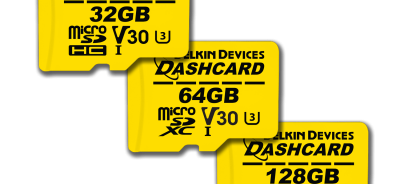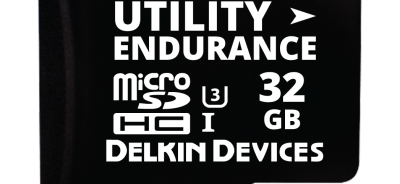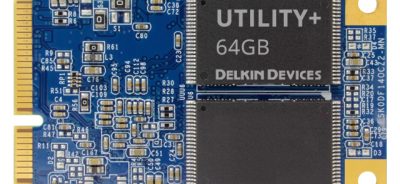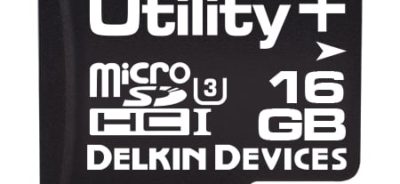Common Questions about Medical Data Storage Solutions
The healthcare field is increasingly becoming a data-driven one. More providers than ever before are switching to electronic health records (EHRs) for managing patient medical histories and care coordination, but EHRs are only one of the factors driving the increase in medical data storage needs. Modern medical equipment also relies on data storage for proper functioning of its components and the preservation of patient information. This means that OEMs who are launching projects in the medical field need to choose reliable, robust, and HIPAA-compliant medical data storage solutions.
Is SLC or MLC flash storage better for medical applications?
Single-level cell (SLC) and multi-level cell (MLC) flash storage both have their own advantages. MLC, for example, tends to be more cost-effective. However, in a field in which data reliability and longevity are absolutely crucial, OEMs will likely want to choose a flash storage device with SLC memory. SLC flash memory can last up to 30 times longer than MLC flash memory.
What medical data storage solution will be compliant with HIPAA?
The Health Insurance Portability and Accountability Act (HIPAA) is an important consideration when selecting a memory device for medical applications. It establishes the legal requirement that healthcare providers and hospitals must take reasonable steps to ensure the protection and security of all patient data, including identifying information.
A data storage device that is compliant with HIPAA is required to have integrated transmission security. This is why OEMs should choose an SLC flash storage device that provides self-encrypted hardware. It is not necessarily sufficient to rely on software to provide the encryption, as this could needlessly expose sensitive patient data to software vulnerabilities. Delkin manufactures flash storage devices with built-in encryption to meet the needs of a variety of industries, including the healthcare industry.
How can medical data storage devices improve the regulatory process?
One of the major obstacles for introducing new technology, particularly medical equipment, in the medical field is the regulatory approval process, which tends to be on the lengthy side. The last thing a healthcare provider needs is to invest in expensive equipment only to discover a few years later that an unlocked bill of materials (BOM) has rendered it incompatible. This is why OEMs should choose medical data storage solutions that feature a locked BOM, which ensures long-term compatibility.
Delkin is an industry leader in designing and manufacturing NAND flash storage devices for all sorts of industries, including the healthcare field. Our Customer Applications team can help project engineers and OEMs select the most appropriate medical data storage solution for the task at hand. Get in touch today for more information.
ORDER DELKIN INDUSTRIAL FLASH STORAGE TODAY through our distribution partner Newark.
 Login
Login Register
Register












